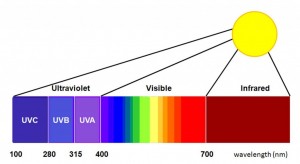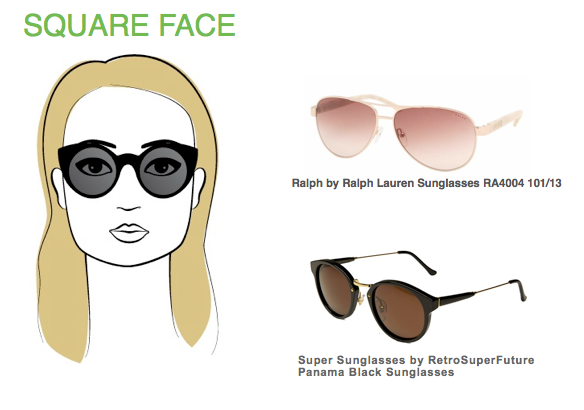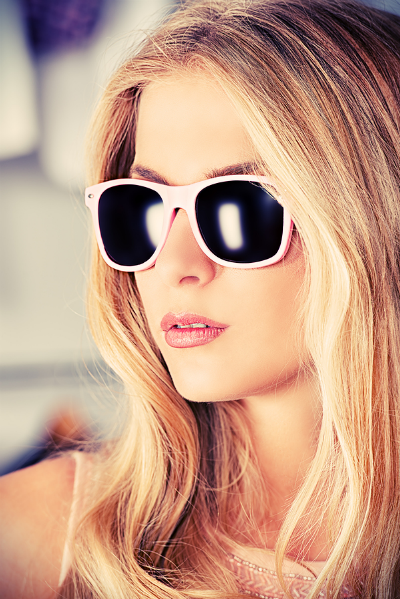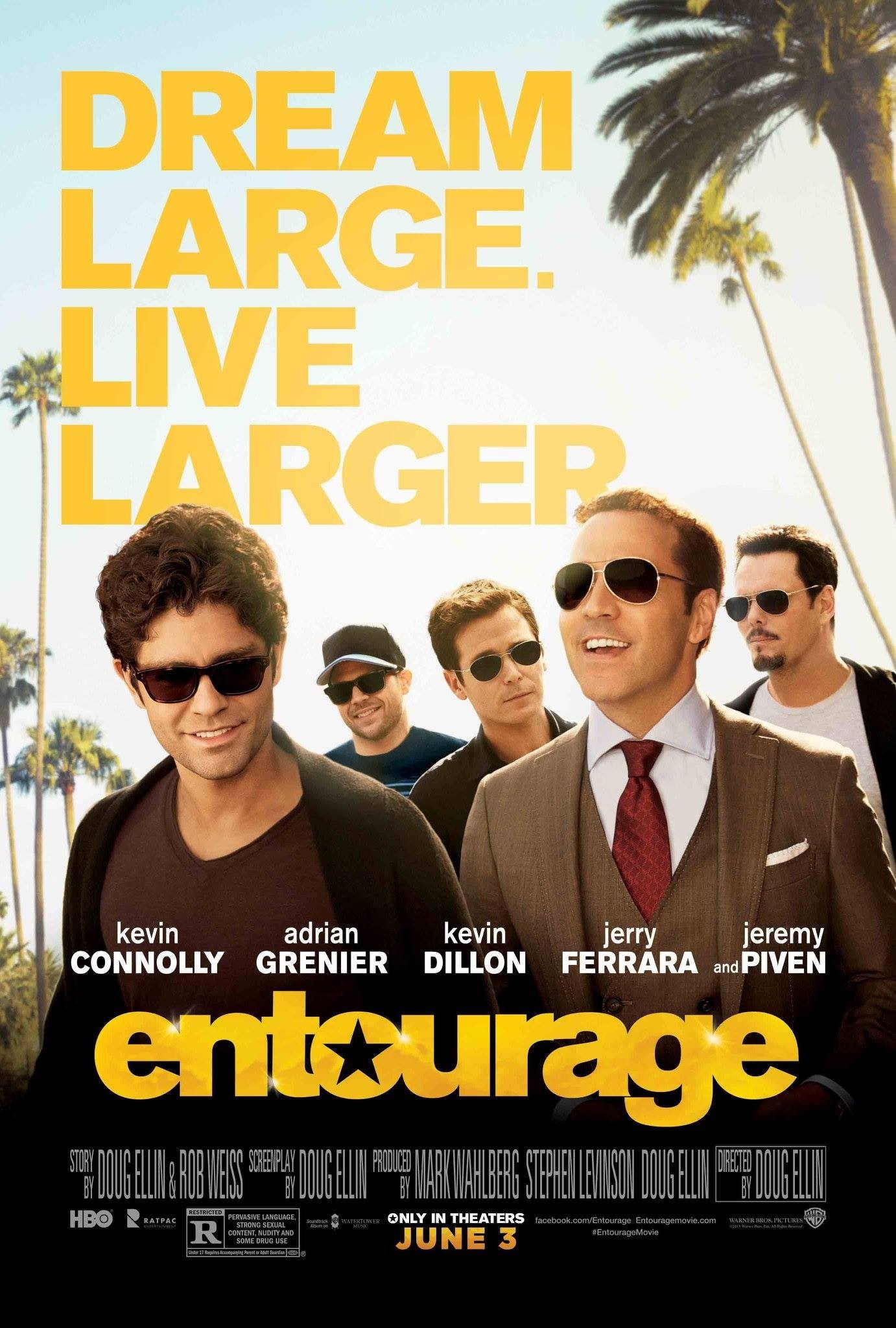There are a number of things you may look out for while selecting your sunglasses. With a higher budget, this may mean more ticks on your sunglasses checklist. However, on a limited budget, you may need to forego a couple of features to reduce the cost of your purchase. Nevertheless, if your sunglasses do not serve their purpose, it is equivalent to flushing your hard earned finances down the drain regardless of how minor they may be.
The basic purpose of your sunglasses is to protect your eyes from environmental damage. Fashion and styles follow later. Protecting your eyes involves blocking out ultra violet radiations and blue light, promoting visual clarity, reducing glare and distortions and other similar actions that improve your sight.
What Is Ultra Violet Radiation And Blue Light?
Ultra violet radiation and blue light (high energy visible radiation) are emitted by the sun. These are high intensity radiations that can harm the retina of your eyes if exposed over prolonged periods. Moreover, these radiations are known to be associated with higher incidences of cataracts, macular degeneration, photokeratitis and other eye diseases. If not blocked effectively, these radiations may promote partial, complete or temporary blindness.
Myths about Sunglasses and UV Protection
Does a cheaper pair of sunglasses provide the same level of UV protection that is offered by an expensive branded one? It all depends on your selection.
Most sunglasses offer protection against ultra violet radiations. However, the level of protection offered by each may be different. For instance, lens made from triacetate are known to block out 40% of UV radiations. Plastics marked as CR-39R as known to offer about 88% protection from UV radiations. If you are looking for 100% protection against UV, you would need to purchase lenses made from polycarbonate material. Polarized sunglasses also offer 100% protection against UV radiations.
Most opticians can test and grade the effectiveness of your sunglasses in blocking UV radiation and blue light. Make sure you get your glasses tested if you are not aware about the degree to which they block harmful sunlight. Generally, the rule of the thumb says a pair of sunglasses bought from a reputed optician or sunglasses specialist store will provide greater protection for your eyes against the environment.
The darker tint and/or color of the lenses have nothing to do with UV protection. It is possible for a lens to be tinted black but offer no protection against UV. On the contrary, some clear lenses may offer 100% protection against UV and blue light. It is therefore better not to regard these as factors to gauge the quality of your sunglasses.
Sunglasses should by worn by all adults and children during the day regardless of whether it is a clear day or a cloudy one. This is because clouds are insufficient to block out the sun rays. UV radiation and blue light can pass through the clouds and pose a threat to your eyes even during rainy days. It is better to be safe than sorry.




